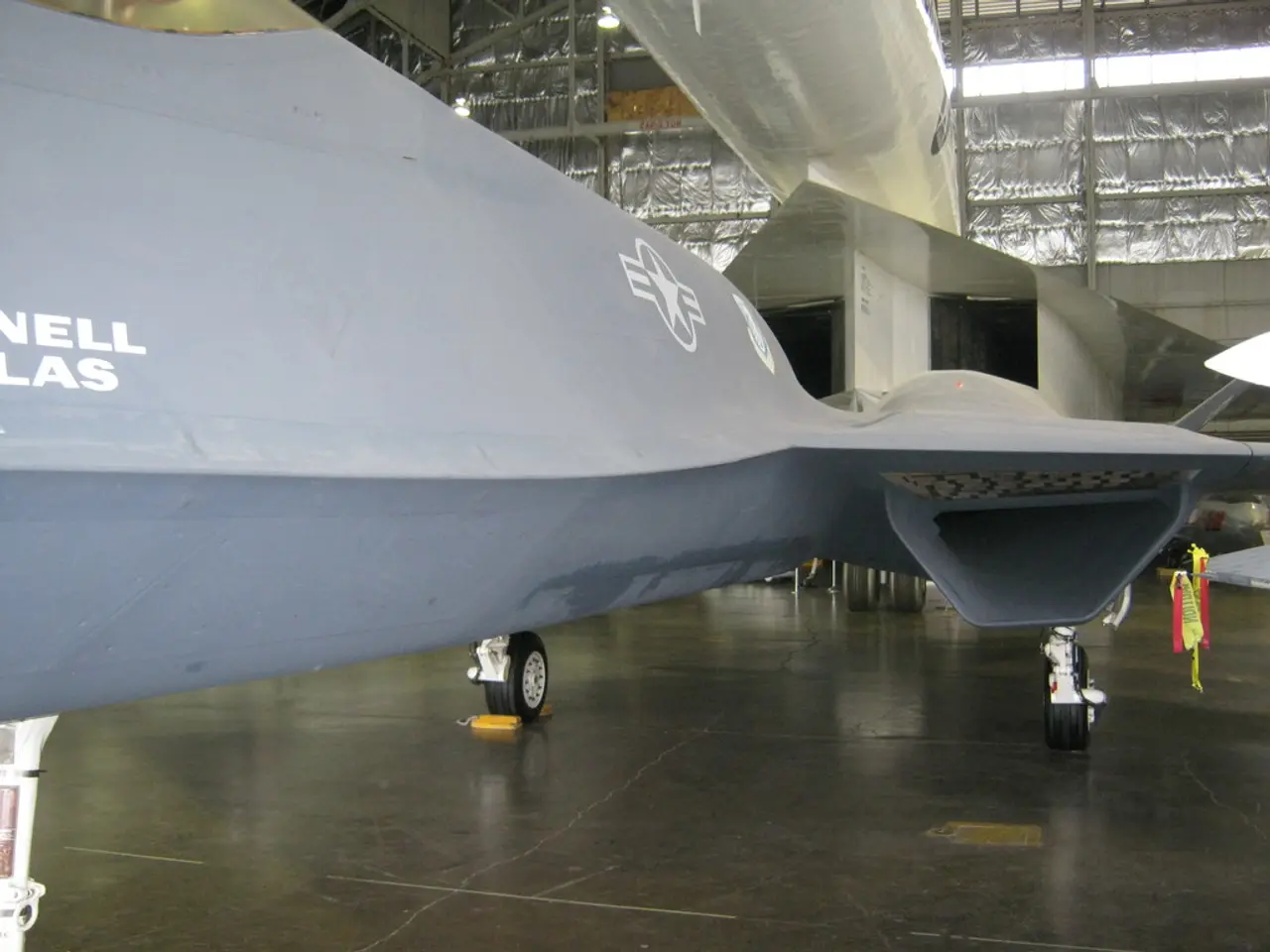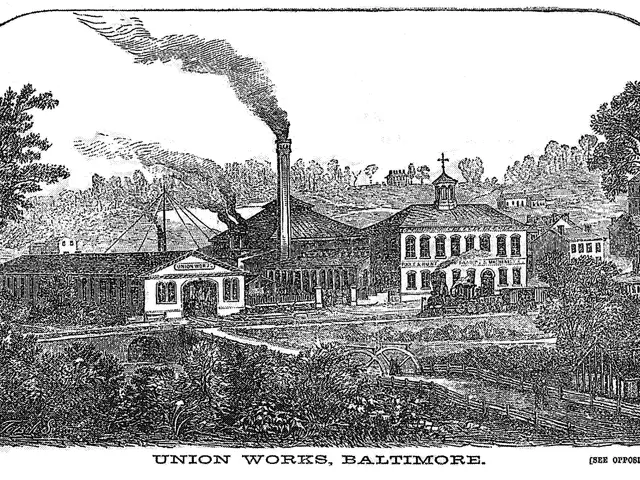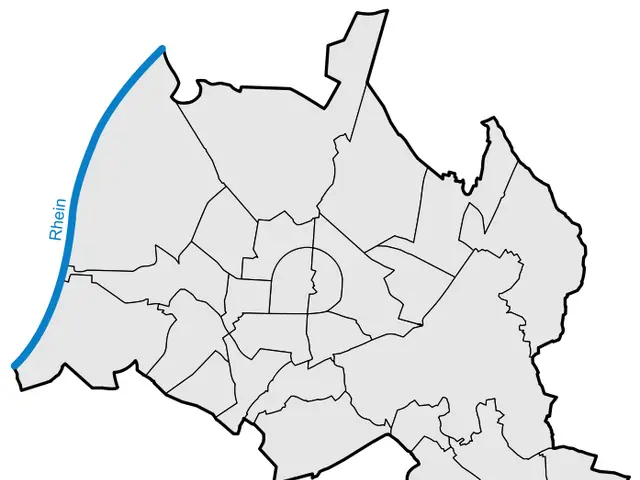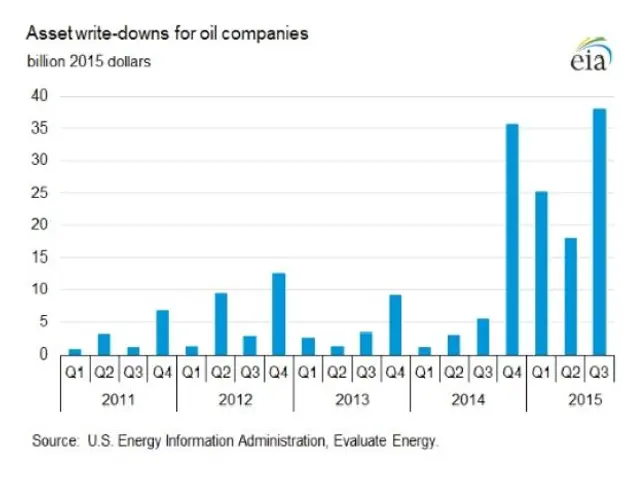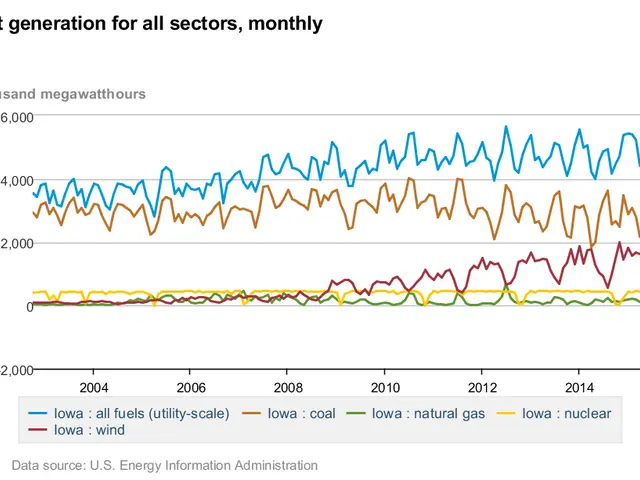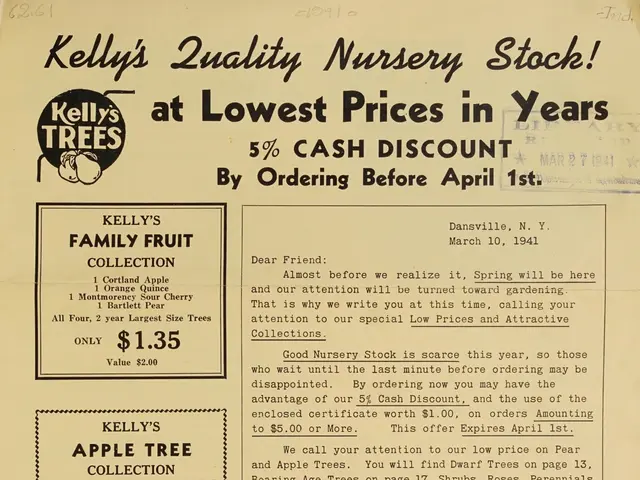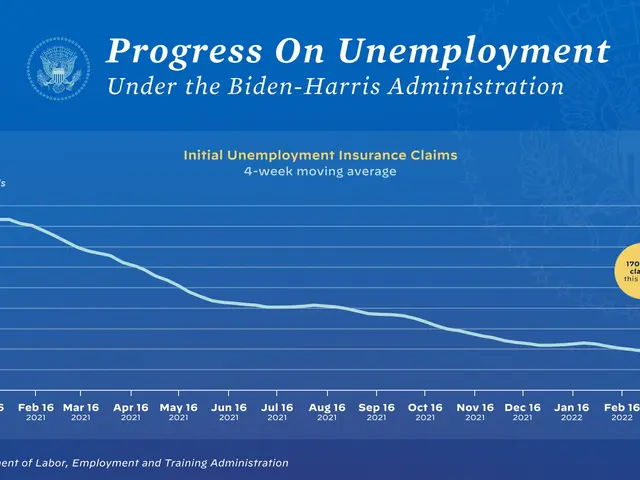Airlines Defy Expectations, Keep Fares High Despite Fuel Price Drop
Despite a significant drop in jet fuel prices, airlines like Delta Air Lines, Southwest Airlines, and United Airlines are not reducing air fares for customers. Instead, they plan to invest the savings in various initiatives and have reported strong profits. Jet fuel accounts for approximately 30 percent of an airline's operating costs. Airlines for America has announced that they intend to utilise the savings from lower fuel prices primarily for environmental sustainability projects, enhancing customer experience, and improving operational efficiency. Historically, jet fuel prices have fluctuated dramatically, from around $30 a barrel in 2000 to a peak of $160 in 2012. When fuel prices are low, airlines typically use the savings to fund new aircraft, upgrades, debt repayment, share buybacks, and shareholder dividends. This was evident in the strong profits reported by carriers like Delta Air Lines and Allegiant Air in the fourth quarter and for the full year. Interestingly, airlines often budget for fuel prices around $100 a barrel, despite current prices being about half that. While customers may not see lower air fares due to reduced fuel costs, airlines are investing the savings in various improvements and sustainability initiatives. This, coupled with lower fuel prices, has contributed to strong profits for many carriers, including American Airlines and Alaska Airlines.
Read also:
- Cyprus, Kuwait Strengthen Strategic Partnership with Upcoming Ministerial Meeting
- BUND Protests Weser Deepening and Soybean Imports in Brake
- Philippines Demands Justice for Dafnie Nacalaban, Murdered Migrant Worker in Kuwait
- Trump administration faces lawsuit by Denmark's Ørsted over halted wind farm project
